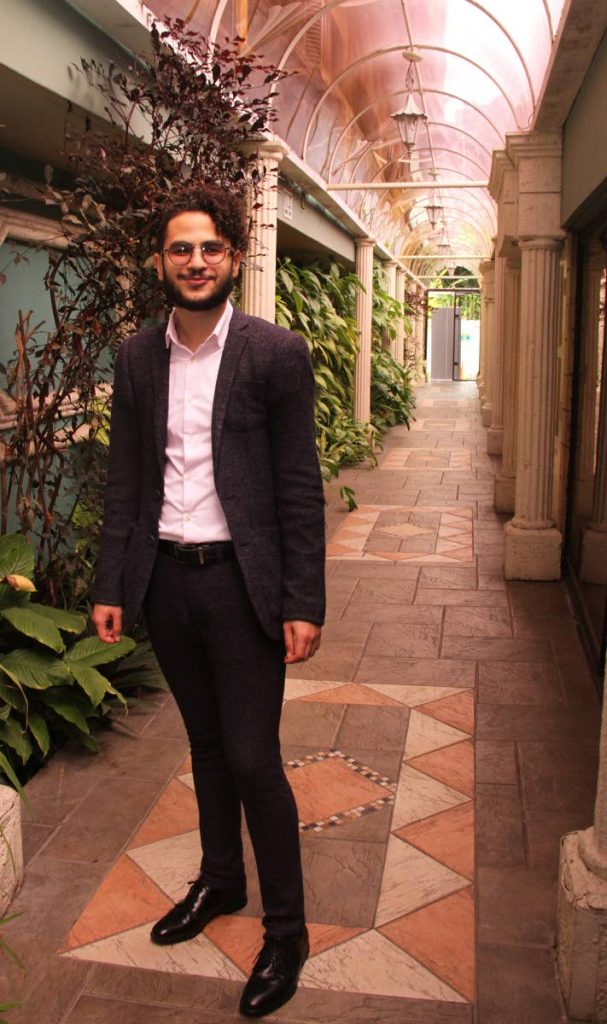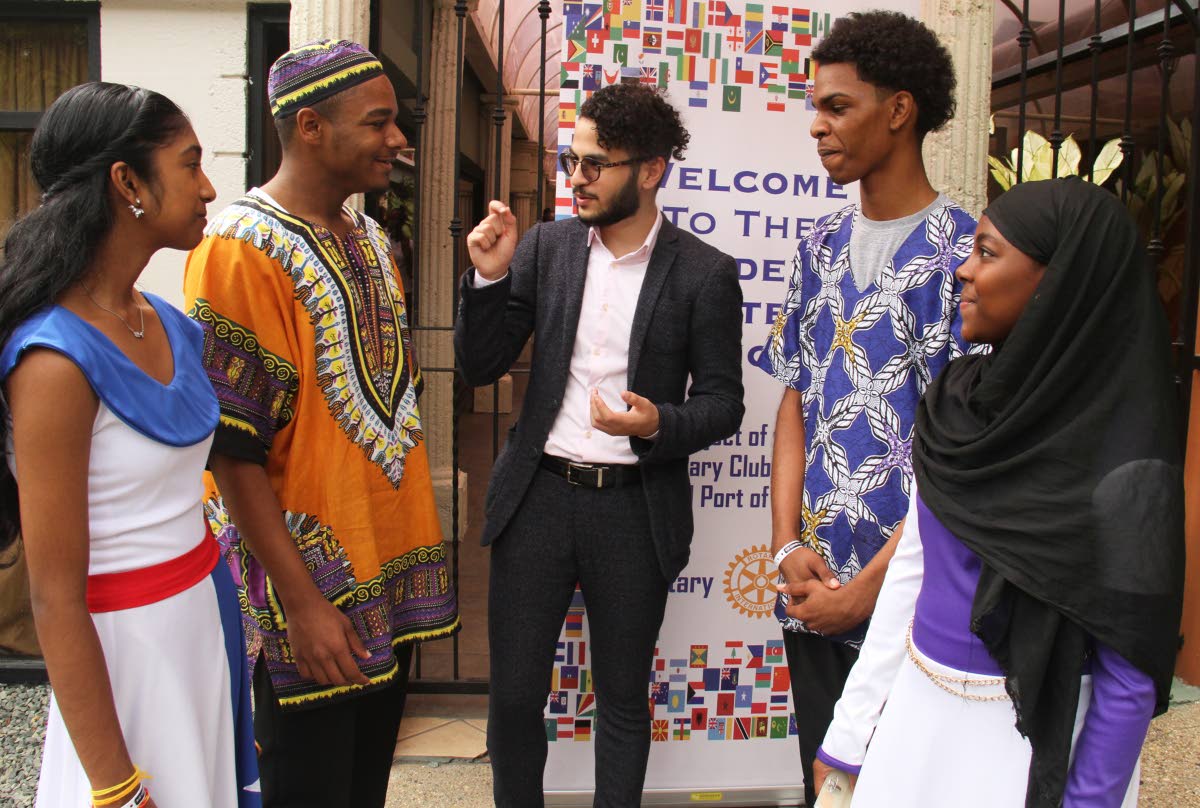Let refugees tell their stories

Education and a creative way to tell their stories can empower refugees and change their lives.
“For me education changed my life. I came to the US as a refugee in 2008 and was given an education. Now I’m a college student,” said Ahmed Badr, 20, UN Young Leader with the Office of the Secretary General’s Envoy on Youth, writer, social entrepreneur, poet, and former refugee from Iraq.
In addition to education, he said creativity could give someone a sense of agency. “Giving someone control of their own narrative is actually an incredibly empowering thing for future generations.”
And Badr would know. In July 2006, his home in Baghdad was bombed by militia troops. His family relocated to Syria as refugees where they remained for two and a half years before receiving approval to move to the United States.
There he created the organisation and online platform, Narratio, “a global platform for youth empowerment through creative expression.” Narratio published art from around the world and hosted workshops on the power of storytelling and creativity.
Speaking to Sunday Newsday at the Rotary Club of Central Port of Spain Model UN (MUN) 2019 Resolution at the Cascadia Hotel and Conference Centre, St Ann's yesterday, Badr said his work helped him understand his story as well as those of others.
“At first, selfishly I was trying to understand my identity – Iraqi-American refugee, Muslim, what these identities and their intersections mean. That’s how my writing initially started, this exploration.”
He said he realised his story needed to be told, and that people were interested because they did not know about those identities. He felt privileged to tell his story which was not the only one of its kind, but he felt no one person should speak for everyone and that his story was only powerful if he was joined by other people and their experiences so he created Narratio.
“The central aspect of it is giving someone control of their narrative, a narrative they are often excluded from. Giving someone a chance to log in and publish their work, whenever they want, is a really, really special thing that could live on for years and years to come.”
He said it was important to create more equitable communities where people could feel dignified in who they are, feel validated about what they have to bring to the table – their culture, skills, interests – and realise they were united by their differences as much as their similarities.
He noted that TT was in a position to do that with the large number of Venezuelan refugees and migrants in the country. He admitted that the situation was a difficult one but the Office of the UN High Commissioner for Refugees was committed to protecting them.
He believed one of the things TT should focus on was the similarities between young nationals and Venezuelans although both differences and similarities should be embraced. He said the country had to find ways to humanise these groups such as listening to individuals’ stories and experiences as human beings, not just about their displacement. “I think there are a lot of themes that are really rich and worth exploring but I think it starts with storytelling and humanising the stories of people we may think of in the abstract.”
Badr also believed the MUN 2019 Resolution on International Migration and Development was the continuation of many efforts that were “on the way to insure the dignity of folks who have to leave their homes to escape violence and conflict.”
He said the average person did not think about these things and did not relate to them and the MUN would “bring it home” to the participating youths and its observers. He said he enjoyed seeing them discuss the solutions, dynamics, and nuances of the topic and that they appreciated that there was no one simple solution to the problem.
“It’s been really refreshing to hear young people at the forefront of these themes. Often times when you think about refugees and migrants around the world, the immigration experience and forced displacement, young people are rarely at the centre... It’s refreshing to hear it from a young person who has done the research and understands both sides.”
He added that the MUN could be the start of a movement to create policies to deal with refugees as policy started with awareness and advocacy. “I think in order to recognise an issue you first have to discuss its nuances and how you could best approach it given the resources that you have. I think that’s what’s happening here and I think its really an amazing step in the right direction.”



Comments
"Let refugees tell their stories"